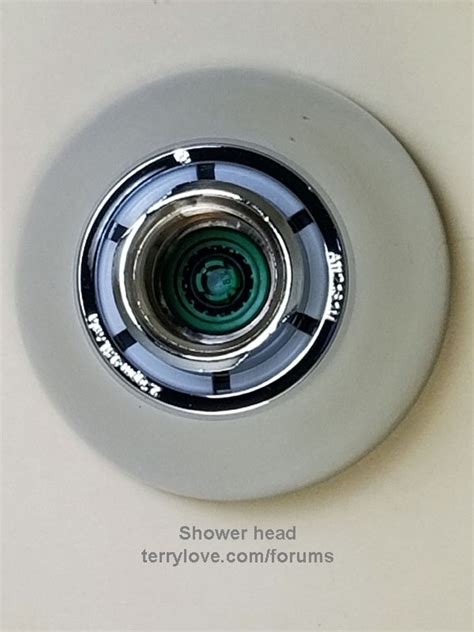High-Pitched Shower Noise? Don't Replace Your Showerhead Yet!
A high-pitched squeal or whistle coming from your showerhead can be incredibly annoying. Before you rush out to buy a replacement, however, let's explore some common causes and solutions. Often, the problem isn't the showerhead itself, but rather something easily fixable. This article will guide you through troubleshooting this common plumbing issue, saving you time, money, and frustration.
What Causes that Annoying High-Pitched Shower Noise?
That shrill sound emanating from your shower isn't always a sign of a faulty showerhead. Several factors can contribute to high-pitched noise, including:
-
Water Pressure: High water pressure is a frequent culprit. The force of the water rushing through the showerhead's tiny holes can create vibrations, resulting in that unpleasant whistling sound.
-
Mineral Buildup: Over time, minerals from your water (like calcium and lime) can accumulate within the showerhead's jets. These deposits restrict water flow, causing turbulent water movement and generating high-frequency noise.
-
Loose or Damaged Showerhead: A poorly installed or damaged showerhead can also cause whistling. A loose connection between the showerhead and the arm can lead to vibrations and noise. Internal damage to the showerhead itself can also be a factor.
-
Plumbing Issues: In some cases, the problem might originate further back in your plumbing system. Issues like partially clogged pipes or problems with the water pressure regulator can contribute to the high-pitched noise.
How to Fix High-Pitched Shower Noise Without Replacing the Showerhead
Before you invest in a new showerhead, try these troubleshooting steps:
1. Check Your Water Pressure
How to do it: Many homes have a water pressure regulator. Locate this regulator (often near the main water supply) and check its settings. If the pressure is excessively high, adjust it down slightly. A slight reduction can often eliminate the high-pitched noise. If you don't have a regulator or are unsure about adjusting it, consult a plumber.
2. Clean Your Showerhead
How to do it: Mineral buildup is a common cause of high-pitched noise. To clean your showerhead:
-
Vinegar Soak: Fill a plastic bag with white vinegar, submerge the showerhead (after removing it from the arm), and let it soak for several hours, or even overnight. The acidity of the vinegar will help dissolve mineral deposits.
-
Scrubbing: After soaking, use a toothbrush or small brush to gently scrub away any remaining mineral deposits. You can also use a pin or needle to clear any particularly stubborn clogs in the jets.
-
Rinse Thoroughly: Once clean, rinse the showerhead thoroughly with water to remove all traces of vinegar.
3. Tighten the Showerhead
How to do it: A loose showerhead can easily cause whistling. Simply tighten the connection between the showerhead and the shower arm. If the showerhead is difficult to tighten, you might need to use pliers (wrapped in cloth to avoid scratching the finish).
4. Inspect for Damage
How to do it: Carefully examine the showerhead for any visible cracks, damage, or loose internal parts. If you find any damage, a replacement might be necessary, but often a thorough cleaning resolves the issue first.
H2: Is it really the showerhead? When replacement might be necessary.
While cleaning and adjusting water pressure often solve the problem, sometimes the showerhead is genuinely the issue. Consider replacement if:
- Cleaning doesn't help: If you've thoroughly cleaned the showerhead and the high-pitched noise persists, a faulty showerhead may be the culprit.
- Visible damage is present: Cracks or other damage to the showerhead itself will require replacement.
- The noise is extremely loud or persistent: If the noise is unbearable even after trying all other solutions, a new showerhead might offer the best solution.
H2: Can a low water pressure cause high-pitched noise?
While high water pressure is more common, unusually low pressure can sometimes cause a high-pitched whine or squeal. Low pressure forces water to move through constricted areas with greater velocity, leading to vibration and noise. Check your main water supply and consider contacting your water provider if you suspect low pressure.
H2: How can I prevent high-pitched shower noise in the future?
Regular maintenance is key to preventing high-pitched shower noise. Clean your showerhead every few months to remove mineral buildup. Regularly check your water pressure to ensure it's within the recommended range. These simple steps can save you from future frustrations.
By following these steps, you can often resolve high-pitched shower noise without the expense and effort of replacing the entire showerhead. Remember, a little troubleshooting can go a long way!

